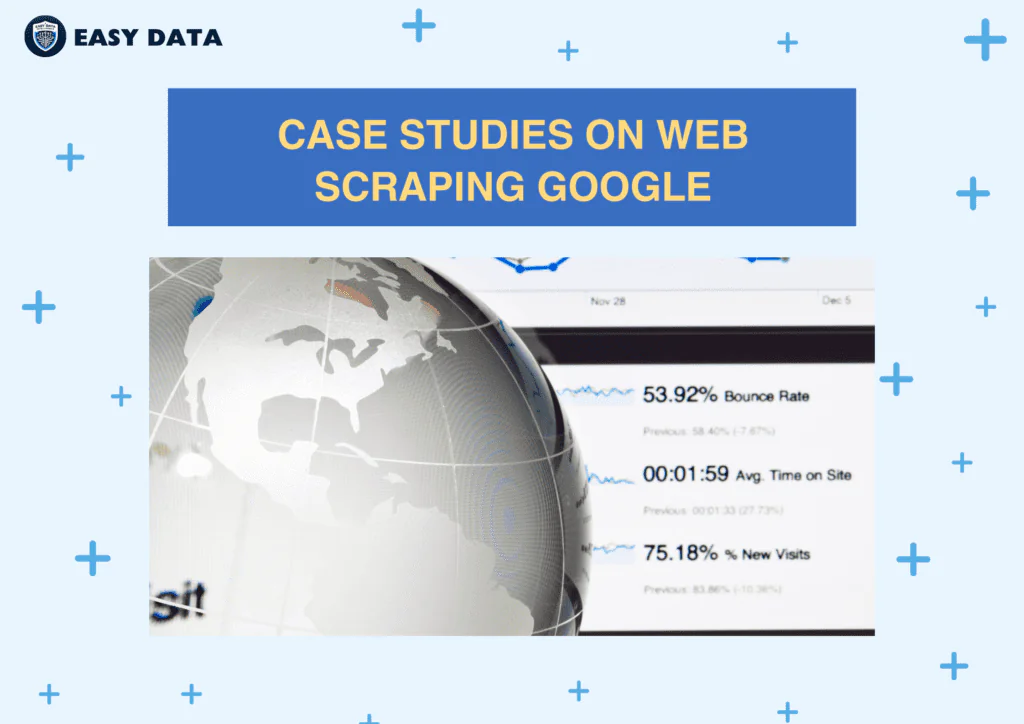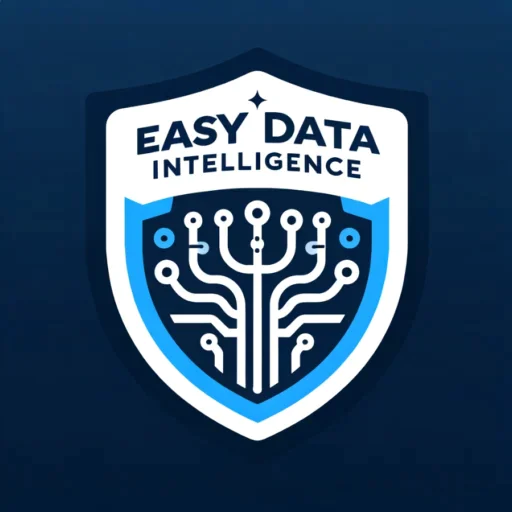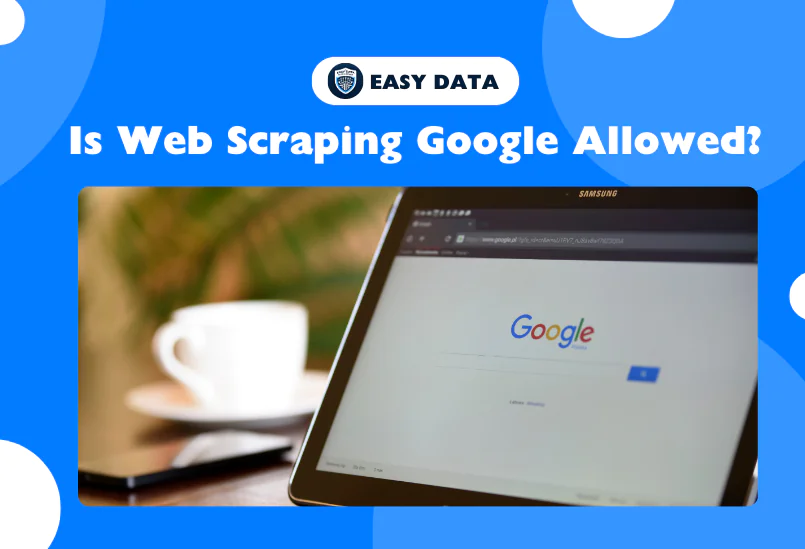Introduction
Web scraping has become an essential tool for businesses, researchers, and data analysts seeking to extract valuable insights from online sources. Google, being the most widely used search engine, is a prime target for web scraping activities. However, many wonder: Is web scraping Google allowed? The answer isn’t straightforward, as it involves legal, ethical, and technical considerations.
In this article, we’ll explore the legality of web scraping Google, potential risks, and best practices to ensure compliance with regulations.
Understanding Web Scraping
What Is Web Scraping?
Web scraping is the process of using automated tools or scripts to extract data from websites. It can be used for various purposes, such as:
- SEO analysis and competitor research
- Market trend analysis
- Price monitoring
- Sentiment analysis
- Academic and research purposes
Web scraping is widely used across industries, but scraping data from Google comes with specific legal and ethical challenges.
Is Web Scraping Google Legal?

The legality of web scraping Google depends on multiple factors, including terms of service (ToS), copyright laws, and the Computer Fraud and Abuse Act (CFAA) in some jurisdictions. Let’s break down these key aspects:
1. Google’s Terms of Service
Google’s Terms of Service explicitly prohibit automated access to its services without prior permission. Scraping Google Search results directly using bots or scripts violates these terms, which could result in legal action or an IP ban.
According to Google’s policies, any attempt to crawl, scrape, or copy its content without authorization is considered a breach of its terms. However, Google allows limited use of its data through officially provided APIs.
2. The Computer Fraud and Abuse Act (CFAA)
In the U.S., the CFAA criminalizes unauthorized access to computer systems. Courts have debated whether violating a website’s Terms of Service constitutes a CFAA violation. Some rulings suggest that accessing publicly available data without authentication may not be illegal, but scraping Google extensively could still lead to legal trouble.
Other countries have their own digital laws similar to the CFAA, such as the UK’s Computer Misuse Act and the EU’s GDPR regulations, which can impact how data is collected and processed.
3. Copyright and Data Protection Laws
Google’s search results often include copyrighted content from third-party websites. Extracting and redistributing this data without permission may violate copyright laws. Additionally, GDPR and other data protection regulations in various regions impose restrictions on data collection and usage.
For businesses looking for Google search data, a compliant approach is to use Easy Data’s web scraping services, which ensure legal and ethical data collection.
Risks of Scraping Google
Scraping Google comes with potential risks, including:
- IP bans: Google actively detects and blocks automated scraping attempts.
- Legal consequences: Google has taken legal action against scrapers in the past.
- Ethical concerns: Extracting large amounts of data without permission may harm Google’s services and violate ethical standards.
- CAPTCHAs and anti-scraping measures: Google employs sophisticated anti-bot technologies to prevent automated scraping.
Best Practices for Ethical Web Scraping
If you need Google data, consider the following alternatives and best practices:
1. Use Google’s Official APIs
Google offers APIs such as:
- Google Search API (for custom search results)
- Google Trends API (for trend analysis)
- Google Places API (for location data)
Using these APIs ensures compliance with Google’s policies and minimizes legal risks.
2. Scrape Publicly Available Data Responsibly
If you decide to scrape Google, follow ethical practices such as:
- Respect robots.txt: Google’s robots.txt file disallows scraping search results.
- Limit requests: Avoid overloading Google’s servers with frequent requests.
- Use proxies and rotating IPs: This helps prevent detection but does not make scraping legal.
- Implement delays between requests: This reduces the chance of triggering Google’s anti-scraping mechanisms.
3. Consider Third-Party Data Providers
Several companies provide legally obtained Google search data, eliminating the need for direct scraping. Easy Data offers ethical and legally compliant data solutions for businesses needing large-scale web scraping.
Case Studies on Web Scraping Google

Case Study 1: A Company That Got Sued for Scraping Google
In 2020, Google took legal action against a company that scraped search engine results for commercial purposes. This case highlighted the risks associated with unauthorized data extraction and reinforced the importance of compliance.
Case Study 2: Ethical Scraping for Market Research
Some businesses legally scrape publicly available data for market research and competitor analysis by following ethical best practices and using Google’s APIs.
Conclusion
While web scraping Google is technically possible, it violates Google’s Terms of Service and carries legal risks. To avoid potential legal consequences, businesses and developers should use Google’s official APIs or third-party data providers like Easy Data.
If you must scrape data, ensure compliance with ethical and legal guidelines to minimize risks. When in doubt, consulting a legal expert is always a good approach.
Would you like more insights on web scraping strategies? Stay tuned for updates on legal and ethical data extraction methods!
Further Reading
For more insights on web scraping and data collection, check out these resources:


Leave a Reply